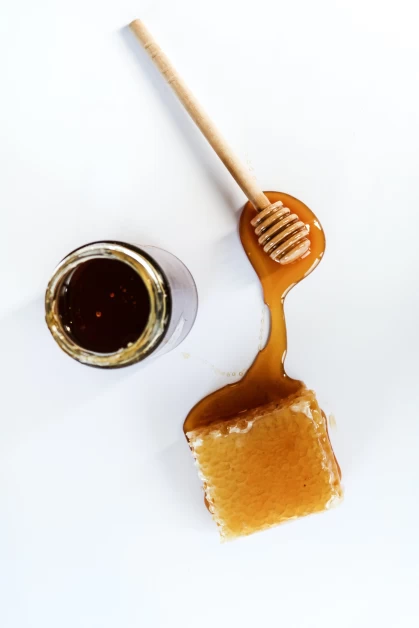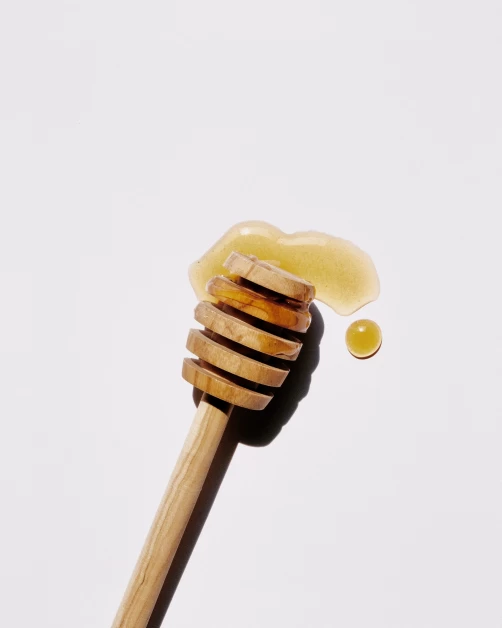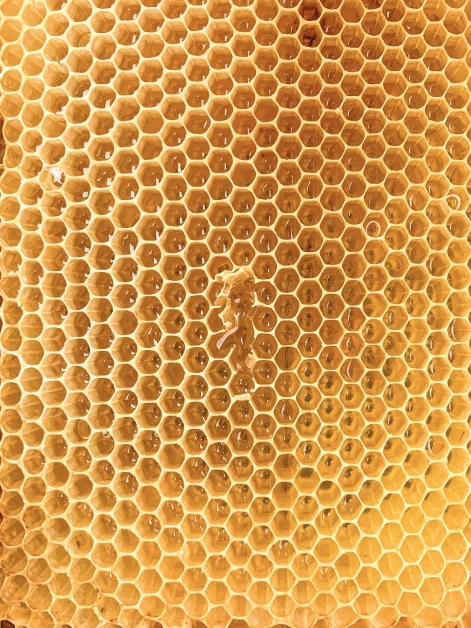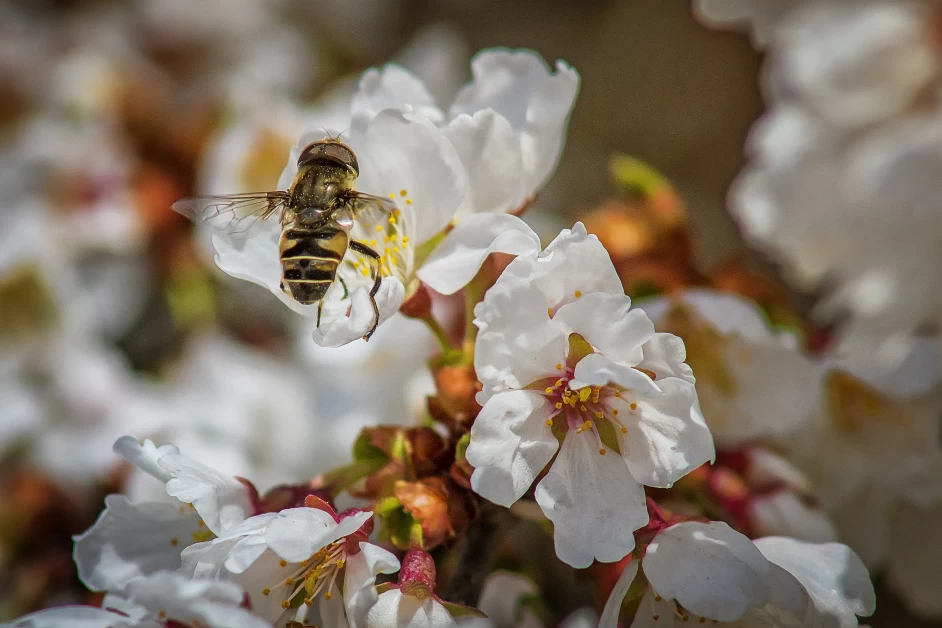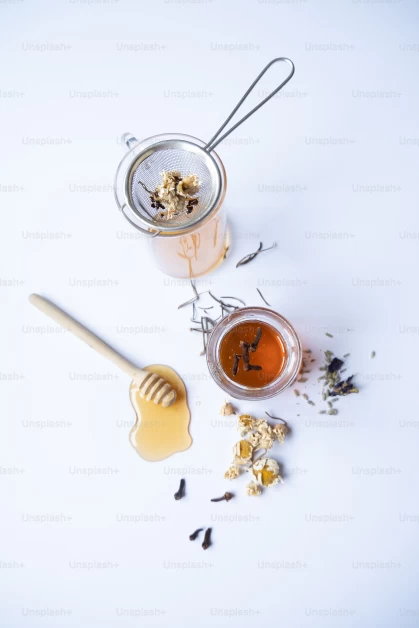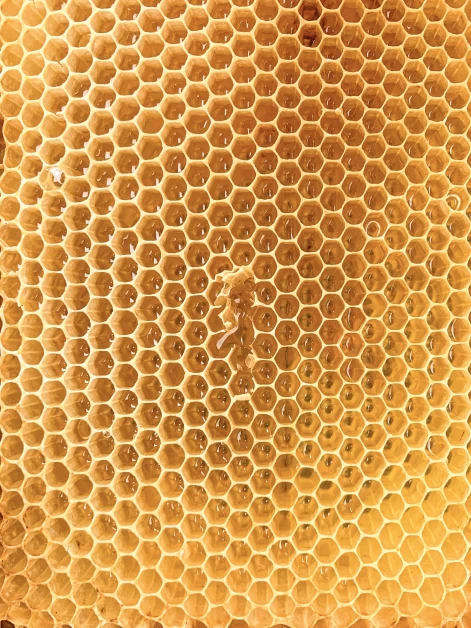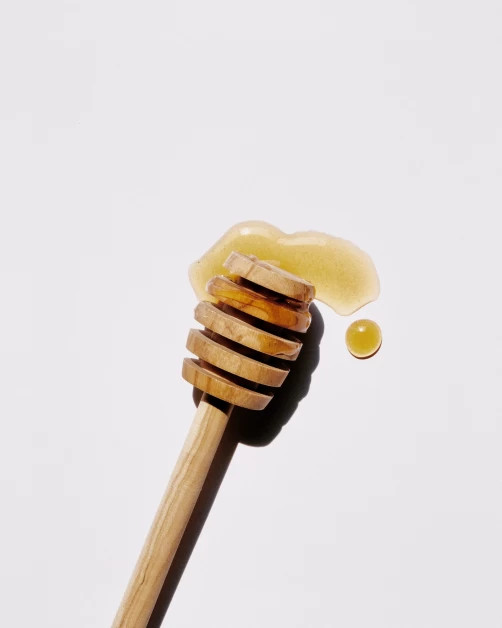Table of Contents
- Introduction
- History of Regular Honey
- Brief History of Manuka Honey
- Manuka Honey vs. Traditional Honey to Treat Wounds
- Antibacterial Activity: Manuka Honey vs. Raw Honey
- Anti-inflammatory Properties: Manuka Honey vs. Regular Honey
- Manuka Honey’s Antimicrobial Properties
- Manuka Honey vs. Regular Honey as an Antioxidant
- Other Health Benefits of Honey
- What Sets Manuka Honey Apart
- Nutritional Value of Manuka Honey vs. Regular Honey
- Manuka Honey vs. Regular Honey as a Sweetener
- Availability of Manuka Honey vs. Regular Honey
- Conclusion
Introduction
Manuka honey has gained popularity among health-conscious enthusiasts since the 1980s. It is often touted as having superior health benefits compared to regular honey. However, is manuka honey truly any better? In this article, we will compare manuka honey and regular honey to determine if manuka honey lives up to its reputation.
History of Regular Honey
Regular honey has a long history of medicinal use. It has been mentioned in ancient texts, such as Sumerian and Babylonian cuneiforms, the Hittite Code, and the sacred writings of Egypt, India, and the Vedas. Honey has been used for treating wounds, sore throats, coughs, and improving skin health for centuries.
One of the oldest medicinal honeys is produced by the European dark bee (Apis mellifera) and has been used to treat various ailments for hundreds of years. Regular honey contains flavonoids and polyphenols, which are powerful antioxidants and have medicinal benefits. Darker honey, in particular, has higher levels of phenols, making it richer in antioxidant properties and antibacterial compounds.
However, with the advent of antibiotics in the 1960s, regular honey was largely dismissed as its medicinal properties were overshadowed. But with the rise of antibiotic-resistant bacteria in recent years, honey, including regular honey, is making a comeback.
Brief History of Manuka Honey
Manuka honey is produced by the European dark bee (Apis mellifera), which was introduced to New Zealand in 1939. The manuka tree flourishes in New Zealand, and this led to the birth of monofloral manuka honey. However, manuka honey remained largely ignored until 1991 when marketing specialist Bill Floyd began advertising its health benefits to the US media.
Following promising studies conducted in New Zealand in the 1980s, authentic manuka honey became popular in the United States in the 1990s, thanks to Mr. Floyd’s mass media advertising. Today, manuka honey is expected to become a billion-dollar industry by 2028.
In the honey market, there are approximately 320 varieties of honey sold with standardized levels of antibacterial activity. However, studies consistently show that Leptospermum scoparium (manuka honey) has some of the highest levels of light- and heat-stable antibacterial properties. It has a superior inhibitory effect on around 60 different species of harmful bacteria, making it one of the top choices for its antibacterial properties.
Manuka Honey vs. Traditional Honey to Treat Wounds
One of the earliest uses of medicinal honey was for treating wounds, including ulcers, bed sores, burns, and skin grafts. Honey’s antibacterial activity helps prevent infection and aids in wound healing. While all honey has immunomodulatory properties beneficial for wound repair, authentic manuka honey has demonstrated the best overall activity.
It is worth noting that some locally produced non-commercial honey showed comparable inhibition for some bacteria but not all. Manuka honey leads the way in terms of coverage against harmful bacteria. When it comes to wound healing, manuka honey has shown superiority in deep surgical wounds, skin grafts, and healing wound infections.
In fact, manuka honey was approved by the FDA in 2007 for treating wounds and skin ulcers, which has become its claim to fame. Researchers have also found that manuka honey may enhance tissue regeneration, making it even more beneficial for wound healing. It has been shown to have antimicrobial properties against gram-positive, methicillin-resistant Staphylococcus aureus.
Antibacterial Activity: Manuka Honey vs. Raw Honey
Both manuka honey and raw honey have the ability to fight bacterial infections. Raw honey naturally reacts with the body’s fluids to create hydrogen peroxide, which has antibacterial properties. Manuka honey, in addition to producing hydrogen peroxide, contains methylglyoxal (MGO), which gives it an advantage over regular honey.
Studies have shown that manuka honey’s superior antibacterial effects are derived from the MGO found in New Zealand manuka honey. The low pH level and higher sugar content of manuka honey hinder the growth of microbes, making it more effective against harmful pathogens such as Escherichia coli (E. coli), Enterobacter aerogenes, Salmonella typhimurium, β-hemolytic streptococci, and vancomycin-resistant Enterococci.
While locally produced honey also exhibits excellent antibacterial properties compared to store-bought versions, the authenticity and testing of such honey may vary. Manuka honey, on the other hand, undergoes rigorous testing, ensuring that each batch meets specific standards.
Anti-inflammatory Properties: Manuka Honey vs. Regular Honey
Both raw honey and manuka honey contain phenolic compounds known for their anti-inflammatory properties. However, studies have shown that manuka honey can more effectively reduce inflammation in the throat, lungs, and even the brain. It has been found to diminish airway inflammation, reduce inflammation of nervous tissue, and minimize cellular oxidations.
Manuka Honey’s Antimicrobial Properties
Manuka honey’s antimicrobial properties make it a powerful tool in reducing the burden of infectious diseases. Its high sugar content and low pH levels inhibit the growth of microbes effectively. There is no evidence of microbial resistance to manuka honey, making it promising for fighting harmful microorganisms.
In addition to fighting antibiotic-resistant bacteria, manuka honey has also shown antimicrobial activity against Helicobacter pylori, making it beneficial for treating stomach ulcers.
Manuka Honey vs. Regular Honey as an Antioxidant
Both manuka honey and regular honey contain antioxidant enzymes that protect against oxidative stress, which can lead to various diseases such as heart disease and cancer. Manuka honey’s antioxidants may help minimize heart disease and prevent blood clots, among other benefits.
Given its antioxidants, antibacterial and antimicrobial properties, and anti-inflammatory abilities, manuka honey is considered one of the most potent medicinal foods available.
Other Health Benefits of Honey
Honey, whether manuka or regular, has a variety of other health benefits. Local honey, which is more readily available and affordable than manuka honey, is suitable for minor ailments. However, manuka honey, with its higher potency, may provide more significant therapeutic effects. Some of the health benefits of honey include:
- Sore throat relief
- Natural moisturizer
- Treatment for minor skin conditions
- Acne treatment
- Oral health benefits
- Alleviation of seasonal allergies
- Blood pressure reduction
- Improvement of LDL cholesterol levels
- Natural energy booster
- Restoration of liver glycogen
- Improvement of the digestive system
- Sleep aid
- Aid in weight loss
- Hangover relief
What Sets Manuka Honey Apart
Methylglyoxal is the essential constituent that sets manuka honey apart from regular honey. Manuka honey has non-peroxide antibacterial activity that continues to hinder the growth of microbes even when the hydrogen peroxide activity of honey is blocked. Manuka honey is rated based on its MGO (methylglyoxal) content, which is displayed on the label.
Manuka honey is also ranked by a unique manuka factor that measures the concentration of DHA, HMF, leptosperin, and methylglyoxal. The higher the ranking, the more concentrated the methylglyoxal, and the more therapeutic the manuka honey becomes. The benefits of manuka honey increase with a higher MGO rating.
Nutritional Value of Manuka Honey vs. Regular Honey
In terms of nutritional value, there is very little difference between manuka honey and regular honey. Both types of honey contain similar amounts of calories, carbohydrates, and sugar. The main difference lies in the therapeutic properties associated with manuka honey’s higher MGO content.
Manuka Honey vs. Regular Honey as a Sweetener
Manuka honey has a more robust flavor compared to regular honey found in grocery stores. It is darker, stronger, and deeper in taste, with a viscosity similar to molasses. It should be used sparingly to sweeten drinks or baked goods due to its rich flavor. Regular honey, including local honey, can be used as a natural sweetener and is more widely available and affordable.
Availability of Manuka Honey vs. Regular Honey
Manuka honey is predominantly found in New Zealand, which means it must be imported. It is available online and in some specialty stores, although availability may vary. Authentic manuka honey can be identified by specific authenticity identification on its label, such as the MGO number, “Tested Certified Manuka” symbol, and “Packed in New Zealand” statement.
Regular honey, including local honey, is more readily available and can be found in local stores or obtained directly from beekeepers.
Conclusion
In conclusion, manuka honey has been shown to have superior therapeutic benefits compared to regular honey. It has potent antibacterial, antimicrobial, anti-inflammatory, and antioxidant properties. Manuka honey’s unique composition, including its high methylglyoxal content, sets it apart from regular honey. While regular honey also has health benefits, manuka honey offers a higher level of potency and effectiveness. However, due to its higher price and limited availability, regular honey, especially local honey, is still a viable option for everyday use.

